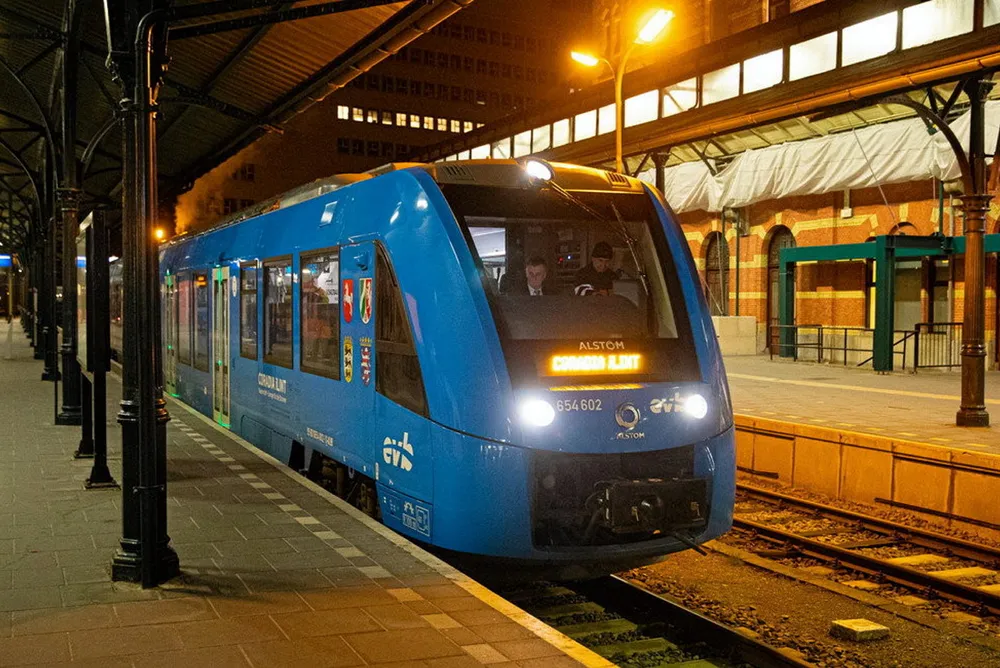Dutch province's first hydrogen train tender attracts zero bids
The local government of Groningen is considering renting H2 trains instead to run on its non-electrified rail network from 2027

The local government of Groningen is considering renting H2 trains instead to run on its non-electrified rail network from 2027
